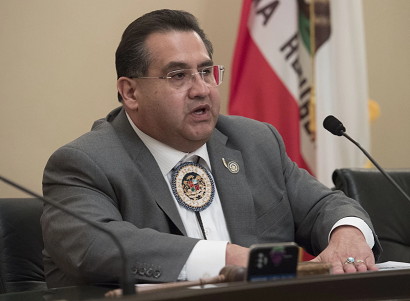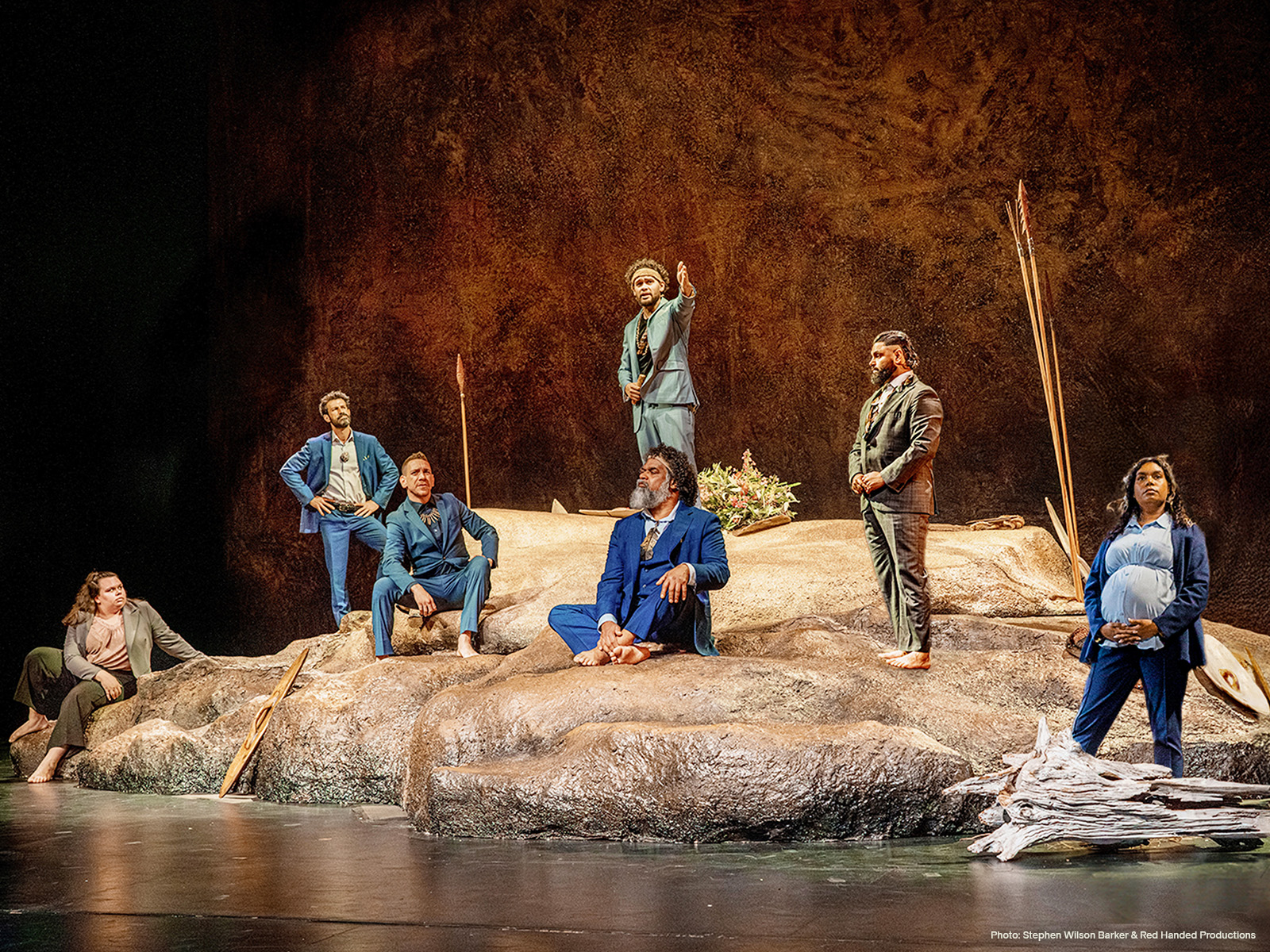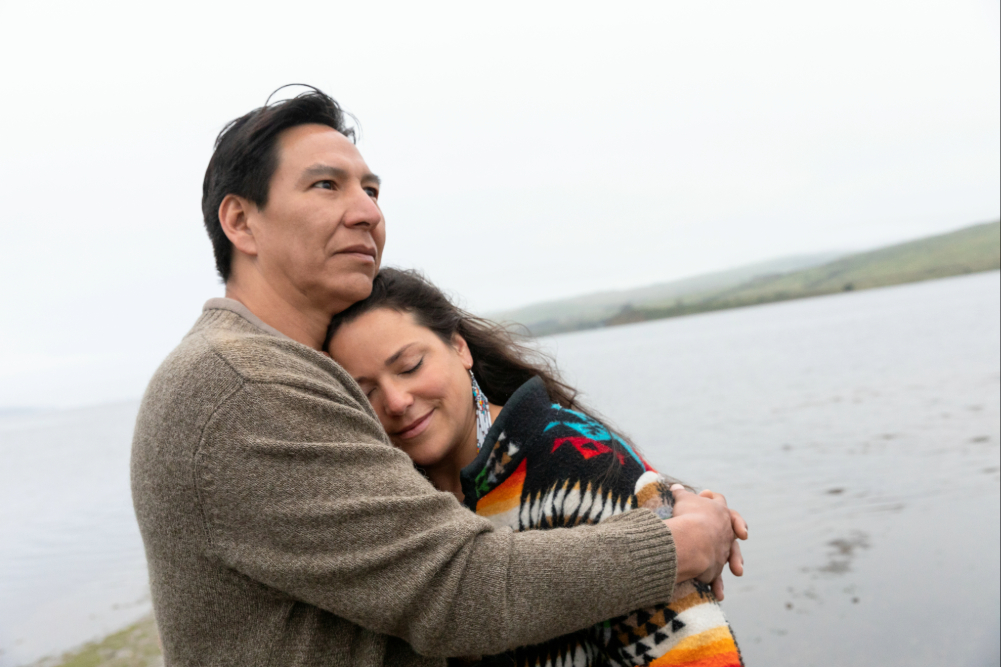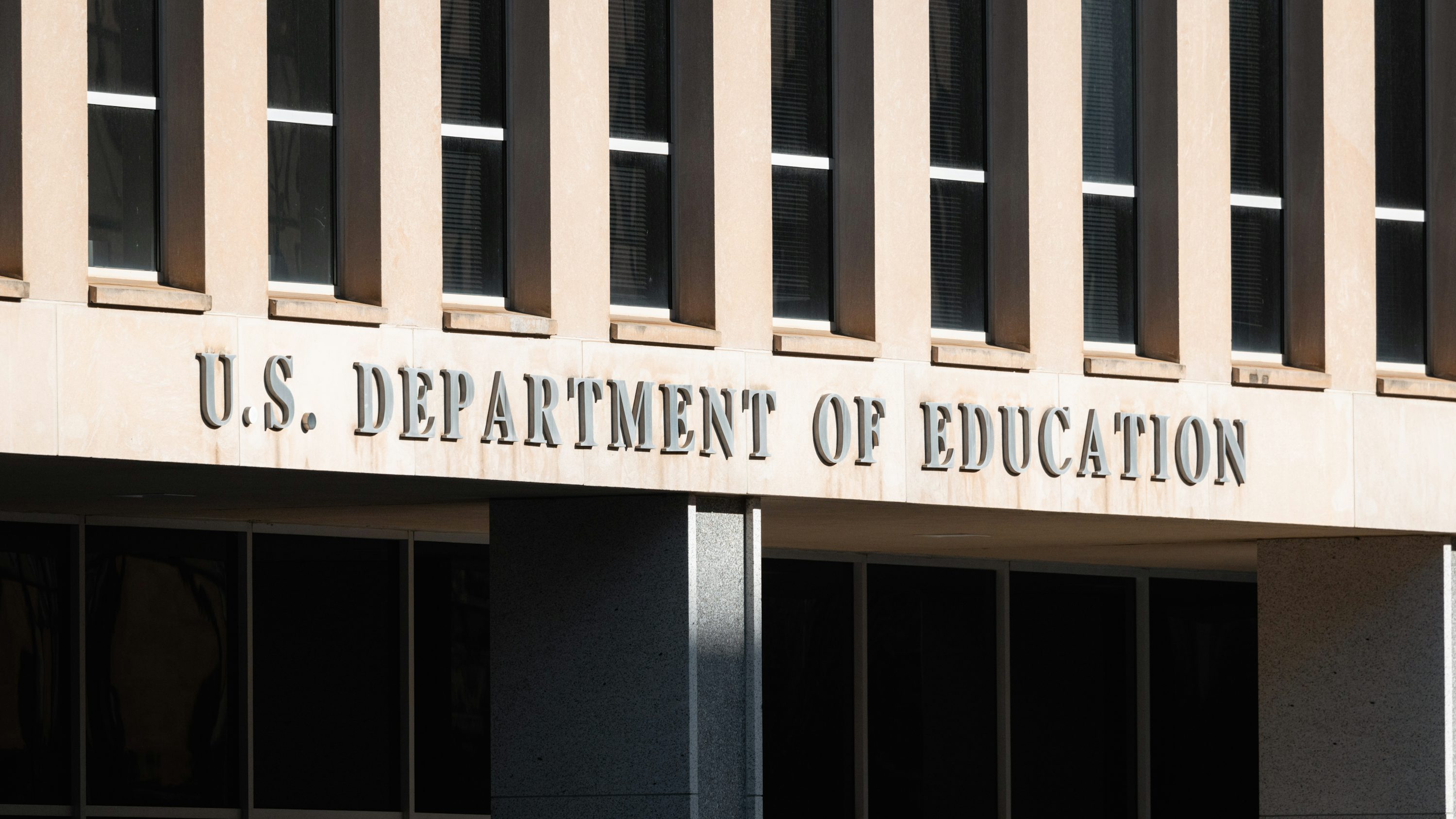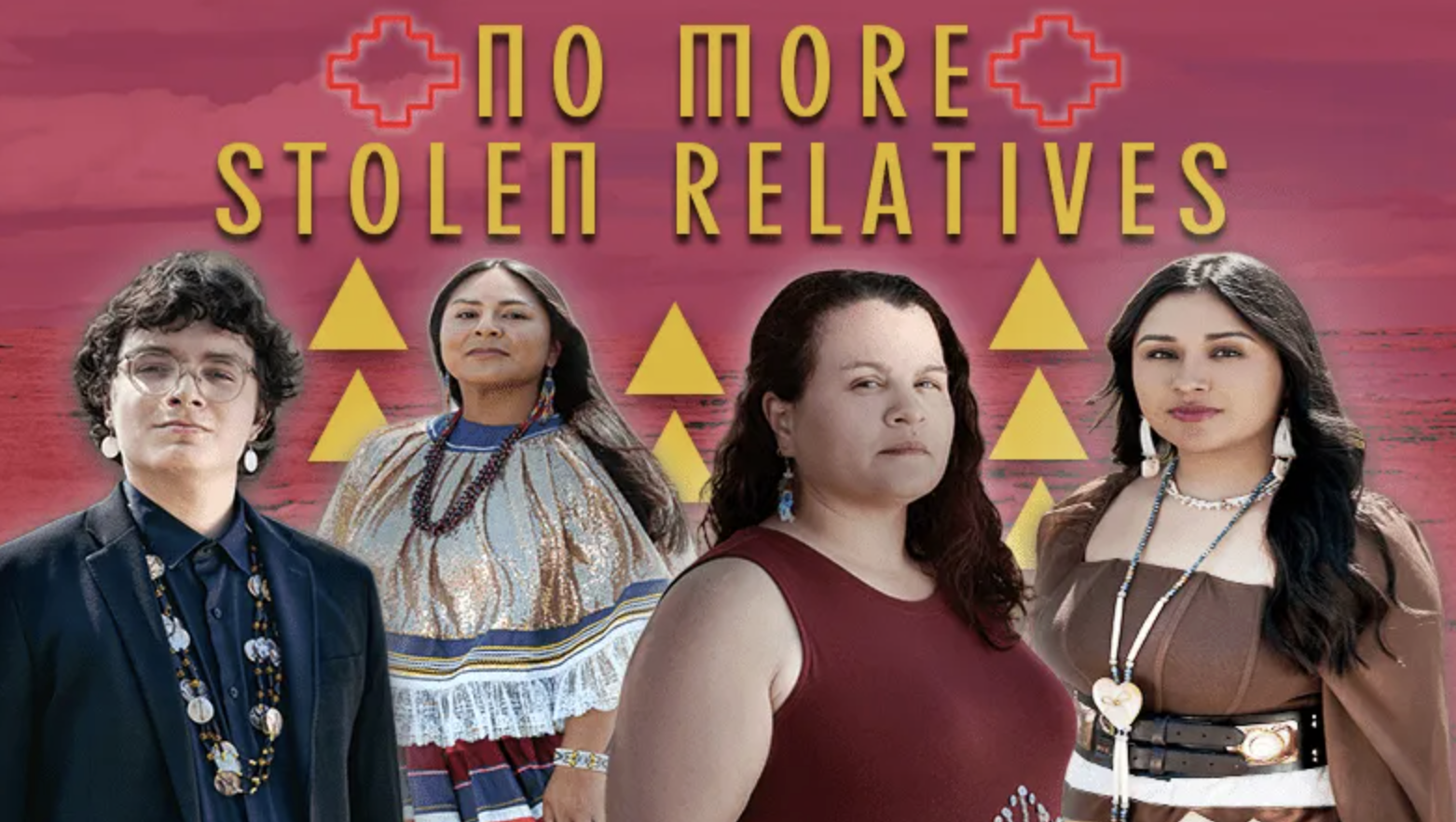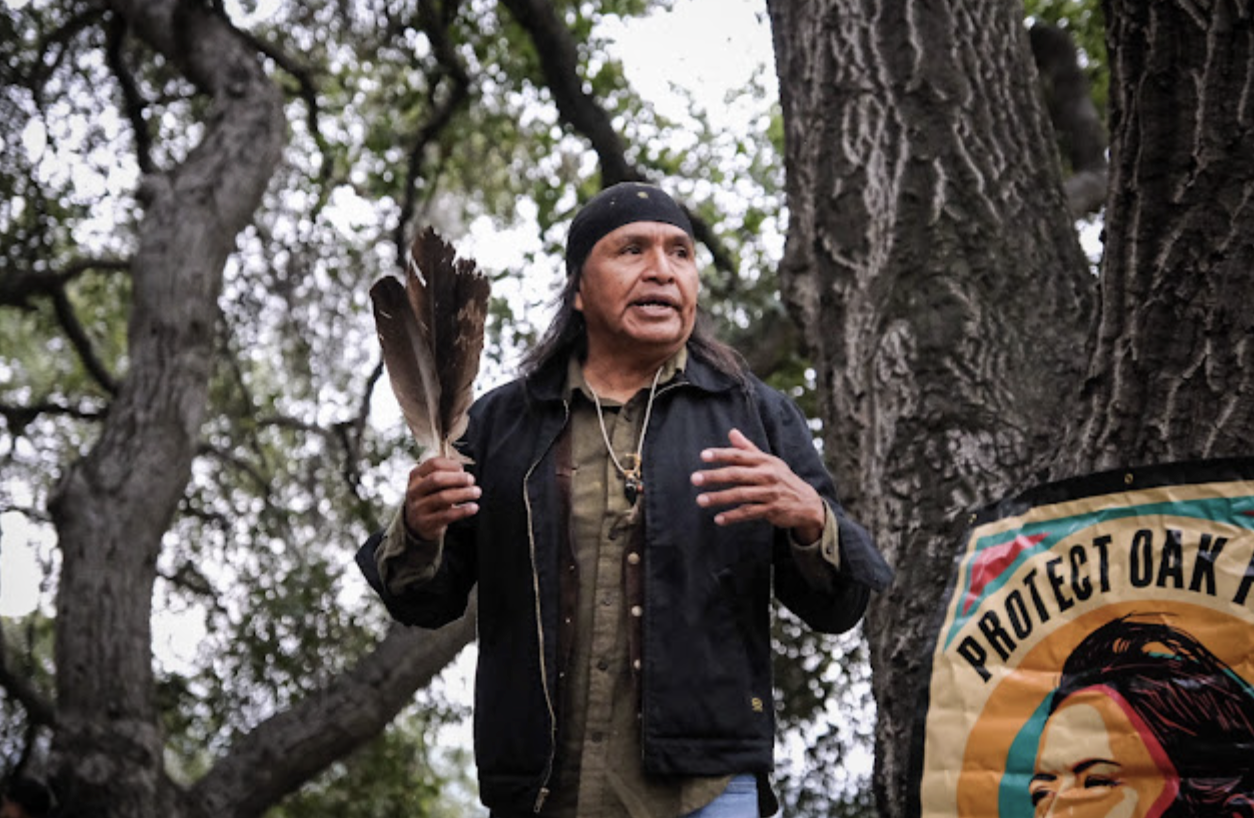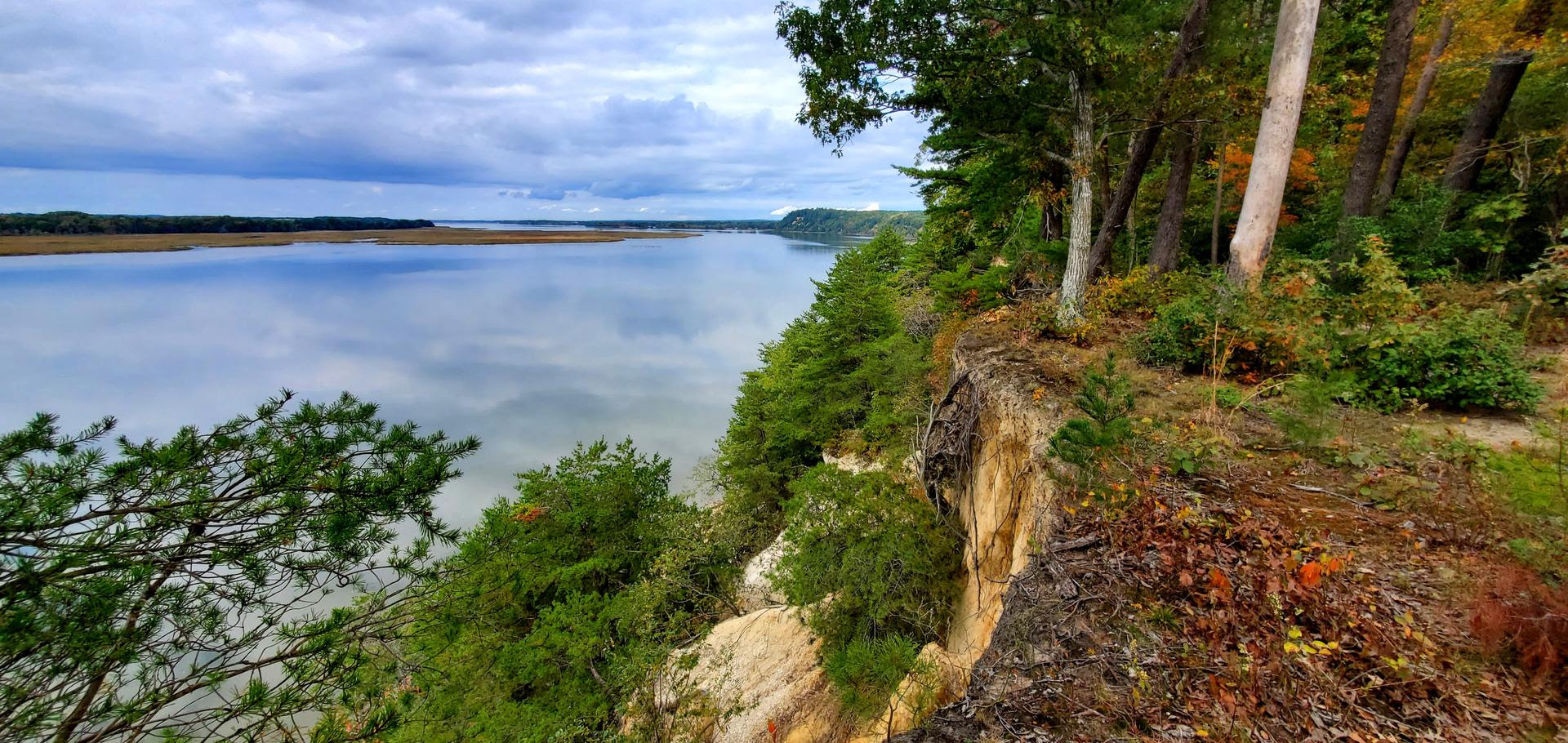January 12, 2026
Opinion. This past Wednesday, the federal government delivered a brutal and familiar reminder of the violence Native people have endured for centuries, when multiple videos surfaced showing a federal agent using deadly force on a Minneapolis street. It shows a U.S. Immigration and Customs Enforcement (ICE) agent fired three shots into a maroon Honda Pilot, killing the woman sitting behind the wheel.
Currents
Assemblymember James C. Ramos, D-San Bernardino, has introduced three bills aimed at expanding resources for foster youth, improving data collection for Native American students and preventing opioid overdoses on school campuses.
From Our Partners
From January 21 to February 1, The Visitors will be at Perelman Performing Arts Center (PAC NYC), making its international debut in New York City. Written by Jane Harrison and directed by Wesley Enoch, this award-winning play is a Moogahlin Performing Arts and Sydney Theatre Company Production, produced by Performing Lines, and presented in partnership with Under the Radar Festival©.
For generations, many Native families have relied on community knowledge, not institutions, to guide their financial lives. That wisdom remains essential.
Opinion
Opinion. This past Wednesday, the federal government delivered a brutal and familiar reminder of the violence Native people have endured for centuries, when multiple videos surfaced showing a federal agent using deadly force on a Minneapolis street. It shows a U.S. Immigration and Customs Enforcement (ICE) agent fired three shots into a maroon Honda Pilot, killing the woman sitting behind the wheel.
Guest Opinion. It is time for animal behavior to become its own academic discipline.
Sovereignty
The Native American Rights Fund celebrated a historic victory for Alaska Native communities after the U.S. Supreme Court on Jan. 12, 2026, declined to review the State of Alaska’s challenge to long-standing federal protections for rural subsistence rights.
As the eagle dancers finished their final prayer before the hundreds gathered at the Jemez Pueblo plaza on Tuesday, Jan 6, the annual Three Kings Day Feast, they were swooped atop the shoulders of ceremonial leaders, beginning a bond between the dancer and the family of the person carrying them indoors.
Education
On Dec. 23, 2025, the U.S. Department of Education said it will begin administrative wage garnishment for borrowers with defaulted federal student loans in early 2026, marking the first resumption of such collections since the pandemic-era pause that began in 2020.
It’s a scene straight from a Dickens novel: a family sits around the table on Christmas Day with an empty chair amongst them and a somber air. Except this isn’t the Victorian classic, it’s real life for far too many Native families and no well-intentioned spirits to save the day. The epidemic of Missing and Murdered Indigenous People (MMIP) in the United States that has existed for years continues unabated. And while Native students deal with the same end of semester pressures and holiday stresses as other students, they’re more likely to also be living in a state of fear or mourning for a relative who may never make it home.
Arts & Entertainment
The Seminole Tribe of Florida will host the 2026 Seminole Tribal Fair and Pow Wow from Friday, Jan. 30, through Sunday, Feb. 1, at the Seminole Hard Rock Hotel & Casino Hollywood, celebrating Native culture through film, music, dance and tradition.
PBS Digital Studios today announced the launch of “THE STORY IN US,” a new anthology series premiering on PBS VOICES, the documentary-focused YouTube channel. Produced in collaboration with the PBS Creative Voices Ignite Filmmakers Program, the eight-part series examines how culture, history, and identity are preserved through the universal art of storytelling. The first film premiered last Thursday, January 8, with new episodes streaming weekly through February.
Health
Environment
The leader of an organization that has been facing off against a foreign mining company with designs on destroying a sacred Indigenous site is walking more than 60 miles across Arizona to attend a court hearing that will decide the fate of 2,400 acres of federal public lands.
The Rappahannock Tribe of Virginia has raised serious concerns following the Virginia Department of Environmental Quality’s (DEQ) decision in early December to grant Caroline County a permit authorizing the withdrawal of up to 9 million gallons of water per day from the Rappahannock River. The 15-year permit allows for the extraction of a total of 49.275 billion gallons of public water and authorizes the construction of a new water intake system along one of Virginia’s most culturally and environmentally significant rivers—the ancestral homeland of the Rappahannock Tribe.


